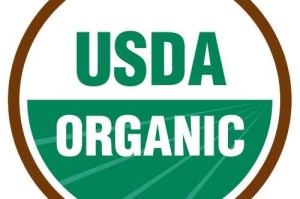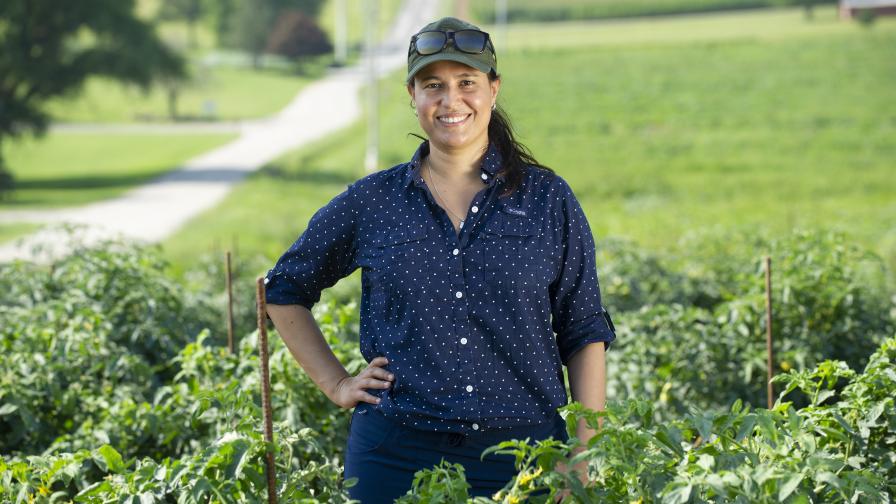When Modern Food Labels Serve Up Fear and Loathing
We tend to organize ourselves around labels. Are you a Democrat or Republican? Are you a Ford or Chevy pickup person? Are you a conventional or a organic grower and/or consumer?
I have always believed there is place for organic growing, but have never been a “true believer” that this form of production should supplant conventional farming. My belief is if a grower can grow it, and the consumer can afford it, more power to them. And there is no doubt that organic farming has gone gangbusters in recent years.
Check out these stats courtesy of the Organic Trade Association: Americans now spend nearly $50 billion a year on organics with more than 82% of U.S. households purchasing organic. More than 75% of all categories on supermarket shelves offer organic options and almost 14% of all fruits and vegetables now sold are organic. With numbers like this, it is no wonder the number of certified organic farms grew by 13% last year.
 There is no question organic is hot, but does it ever make you wonder if unscrupulous people might be willing to claim organic while not really producing the real deal? The USDA Organic food label is supposed to certify that a farm is truly organic. But with so many people seeking to cash in on the trend, there is concern USDA might not be able to keep up and rogue suppliers are slipping through the cracks.
There is no question organic is hot, but does it ever make you wonder if unscrupulous people might be willing to claim organic while not really producing the real deal? The USDA Organic food label is supposed to certify that a farm is truly organic. But with so many people seeking to cash in on the trend, there is concern USDA might not be able to keep up and rogue suppliers are slipping through the cracks.
There is enough of a concern that Rep. John Faso (R-NY) has introduced the Organic Farmer and Consumer Protection Act that would nearly double the budget for USDA’s oversight of the organic industry. The bipartisan bill puts an emphasis on bogus imports.
“Fraudulent organic grain and feed originating from overseas is not only deceptive to consumers, but it actually drives down the price of real organics, hurting legitimate organic farmers,” Faso said in a press release introducing the bill.
The legislation would raise the USDA’s organic program funding to $24 million by 2023. The bill also would require the agency to modernize its international trade tracking and data collection systems within the program.
I am not an evangelist for organics, but I do favor a strong certification program that ensures growers and consumers are protected from fraudsters trying to take advantage of the system. The organic farmers I know work very hard to produce quality produce, so I am all for the proposed legislation.
Now to another food label I am seeing all over in grocery stores these days: the “Non-GMO Project” label. You know, the one with the butterfly on the label. According the organization’s website, its label adorns more than $19 billion worth of products annually, and unfortunately, that figure is growing. It bothers me every time I see that butterfly on the grocery store shelves.
I get that brands are cashing in over the false hysteria created over GMO crops, but to me, this is every bit as misleading as a fake organic label. There have been numerous scientists and others who have called out the Non-GMO Project for various false claims they have made regarding the safety of GMO foods and the companies who sell GMO seeds.
It is especially bothersome to see a major orange juice brand put that label on their cartons, when it might ultimately be a GMO citrus tree that saves the industry from HLB.
So my hat is off to the companies who have not jumped on the butterfly label bandwagon. I look forward to supporting you with my business during the next trip to the grocery store.










